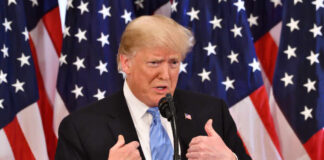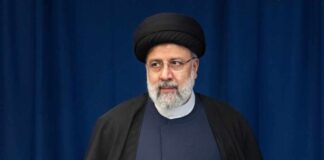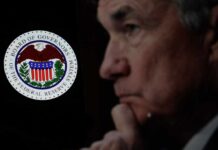
An obvious assumption among a sizable segment of the population is that a person must be racist simply by virtue of being White.
Various books promote this blanket assertion and even some workplaces reportedly expect employees to agree with it in order to remain in good standing.
It is apparently this inherent belief that prompted former NBA player Kendrick Perkins to allege that the panel responsible for selecting the league’s MVPs is inherently biased because a majority of its members are White.
He engaged in a heated discussion on ESPN this week after stating: “When it comes to MVP voting, 80% of the voters are White American — 20% are others. I know that stat.”
Fellow commentator and former pro player J.J. Redick pushed back against the implication, accusing Perkins of illustrating “the problem with this show.”
Uh oh, JJ Redick just went on ESPN and accused them of making up racism narratives. Good for Redick. He’s 100% right here. Kendrick Perkins said last week Jokic is getting the MVP because he’s white. pic.twitter.com/F3VhHPShMo
— Clay Travis (@ClayTravis) March 7, 2023
He lamented that on-air commentators “create narratives that do not exist in reality,” asserting that Perkins had clearly suggested that “White voters that vote on NBA are racist, that they favor White people.”
Perkins responded that he was only expressing “the facts,” but plenty of viewers clearly thought otherwise.
NBA legend Charles Barkley, who was the league’s MVP 30 years ago, was among those who challenged Perkins’ narrative.
During a radio interview, he pulled no punches, asserting that the on-air comments were “asinine, silly, stupid — pick one of the words, whatever one you want.”
Barkley went on to note that he immediately thought to himself that Perkins’ commentary was “one of the most stupid things” he had ever heard.
He also defended Denver Nuggets standout Nikola Jokic, who is expected to take home the MVP award again this year, against allegations that he is the beneficiary of racist voters.
“To slander this man in this situation is just total B.S.,” Barkley added.
Prior to Jokic’s back-to-back MVP wins in the past two years, there had not been a White MVP in the NBA since Dirk Nowitzki received the accolade in 2007.
For their part, Redick and Perkins appeared to end the segment without any hard feelings toward each other.
“I appreciate you, brother,” Perkins said, adding: “I’m good, as long as you good.”
Redick assured him that they are “always good.”
















